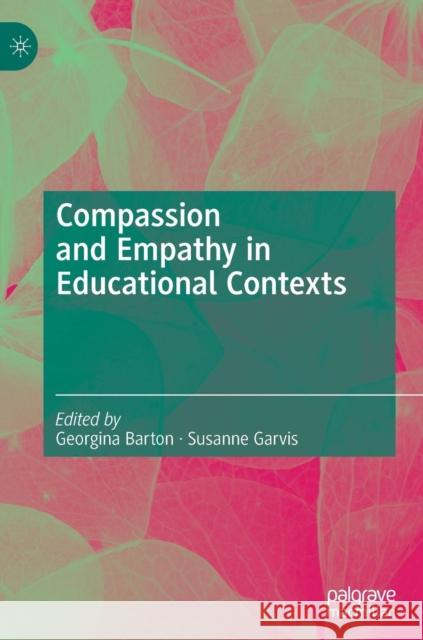Compassion and Empathy in Educational Contexts » książka
topmenu
Compassion and Empathy in Educational Contexts
ISBN-13: 9783030189242 / Angielski / Twarda / 2019 / 292 str.
Compassion and Empathy in Educational Contexts
ISBN-13: 9783030189242 / Angielski / Twarda / 2019 / 292 str.
cena 563,56
(netto: 536,72 VAT: 5%)
Najniższa cena z 30 dni: 539,74
(netto: 536,72 VAT: 5%)
Najniższa cena z 30 dni: 539,74
Termin realizacji zamówienia:
ok. 16-18 dni roboczych.
ok. 16-18 dni roboczych.
Darmowa dostawa!
Kategorie:
Kategorie BISAC:
Wydawca:
Palgrave MacMillan
Język:
Angielski
ISBN-13:
9783030189242
Rok wydania:
2019
Wydanie:
2019
Ilość stron:
292
Waga:
0.53 kg
Wymiary:
21.01 x 14.81 x 1.91
Oprawa:
Twarda
Wolumenów:
01
Dodatkowe informacje:
Wydanie ilustrowane











